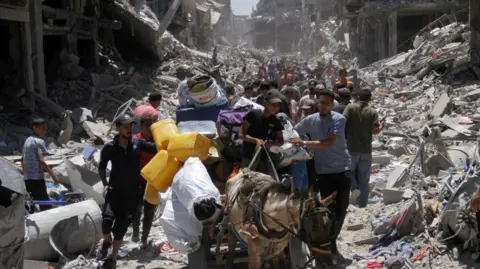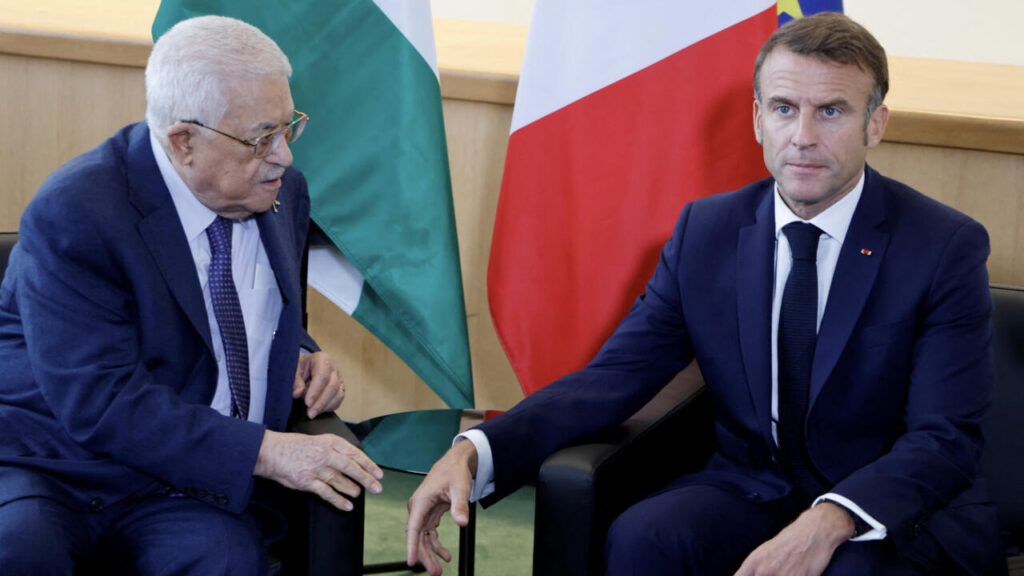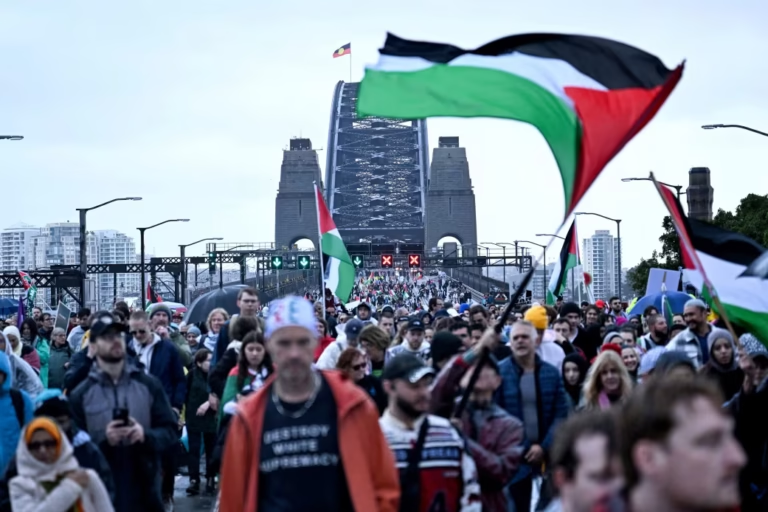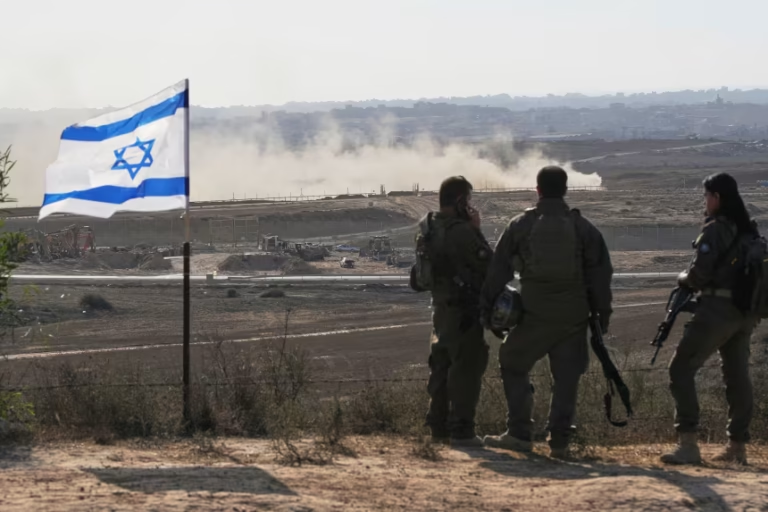
Negotiating teams from the United States and Israel have withdrawn from current ceasefire discussions in Doha, indicating a significant collapse in diplomacy and casting doubts on the possibility of a truce. U.S. Special Envoy Steve Witkoff described Hamas’s recent response as uncoordinated and insincere.

🚫 What’s the Reason for the Withdrawal?
Witkoff noted that the mediators exerted considerable effort, yet criticized Hamas for not behaving “in good faith.” Washington stated it would assess other methods to ensure the release of hostages and improve Gaza’s worsening conditions. Israel released a comparable statement, stressing the importance of additional discussions prior to resuming negotiations.
🔁 Halted Truce Agreement
Terms previously agreed upon involved a 60-day truce featuring staged hostage exchanges, increases in humanitarian assistance, and a gradual withdrawal of IDF from certain areas of Gaza. Israel acknowledged the agreement as a foundational framework, while Hamas maintained rigid demands—like complete military withdrawal, restoration of UN-managed aid distribution, and assurances for enduring conflict resolution. These stances ultimately turned out to be irreconcilable.
🕯️ Humanitarian Emergency Escalates
The breakdown in talks occurs alongside deteriorating situations in Gaza, where extreme hunger, fuel scarcity, and failing services continue. The Gaza Health Ministry indicates more than 59,000 deaths, which includes those resulting from severe malnutrition. Global humanitarian groups have condemned Israel’s blockade as a significant obstacle to delivering aid.
⚠️ Consequences in Politics and Diplomacy
Governments throughout Western Europe—headed by French President Macron, who promised to acknowledge Palestinian statehood—have urged for prompt concessions. Israeli leaders reiterated their dedication to recovering hostages but showed no immediate willingness to make military concessions. Critics are concerned that the setback could result in hostages being left behind longer and could diminish diplomatic progress even more.
🔮 Subsequent Actions and Hazards
Mediation resets: U.S. and Israeli negotiators are likely to resume detailed strategic discussions; the peace effort is not entirely discarded but significantly hindered.
Alternative pressure tactics: The U.S. suggested contemplating leverage via sanctions, informal talks, or refreshed aid accessibility strategies.
Ongoing conflict: As talks remain stalled and the situation in Gaza deteriorates, civilian casualties are expected to increase. Humanitarian groups alert to ongoing famine and infrastructure failure.
✅ Key Takeaway
With diplomatic avenues now closed and humanitarian conditions deteriorating, both parties are under increasing pressure to reconsider terms—or face the risk of the crisis in Gaza worsening further.

US and Israel recall Gaza ceasefire negotiating teams
The negotiating teams from the United States and Israel have pulled out of the current Gaza ceasefire discussions, citing insufficient progress and Hamas’s unwillingness to negotiate.
U.S. representative Steve Witkoff charged Hamas with lacking good faith in negotiations, while Israeli authorities highlighted the necessity to reevaluate their approach.
The recall represents a notable obstacle in attempts to negotiate a ceasefire, which sought to ensure the release of hostages and increase humanitarian assistance.
With the humanitarian situation in Gaza worsening, the halt in talks heightens concerns about an extended conflict, ongoing civilian distress, and the loss of diplomatic progress in the area.

Australia calls on Israel for action in feeding Palestinians as crisis grows “beyond the world’s worst fears”
“Israel’s denial of aid and the killing of civilians, including children, seeking access to water and food cannot be defended or ignored.”
He reiterated Australia’s backing for a two-state solution and a lasting ceasefire, insisting that international organizations and NGOs should have safe access to provide lifesaving aid throughout Gaza.

US “strongly rejects” Macron’s plan to recognize Palestinian state
The United States strongly disapproves of French President Emmanuel Macron’s alleged intention to unilaterally acknowledge a Palestinian state.
Washington officials claim that recognizing such matters outside of direct negotiations hinders the pursuit of a sustainable, two-state solution. The Biden administration stressed that peace should arise from Israeli-Palestinian discussions, rather than through symbolic statements. Macron’s position, perceived as differing from U.S. policy, has generated diplomatic tensions.
U.S. diplomats contend that early recognition might unsettle the area and strengthen extremist groups. France maintains that the action seeks to revive halted peace discussions, but U.S. officials warn that one-sided measures may deepen divisions instead of encouraging substantial, negotiated solutions.


